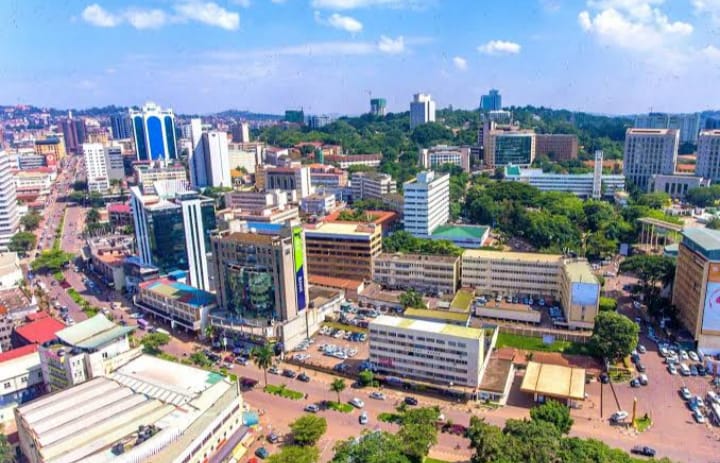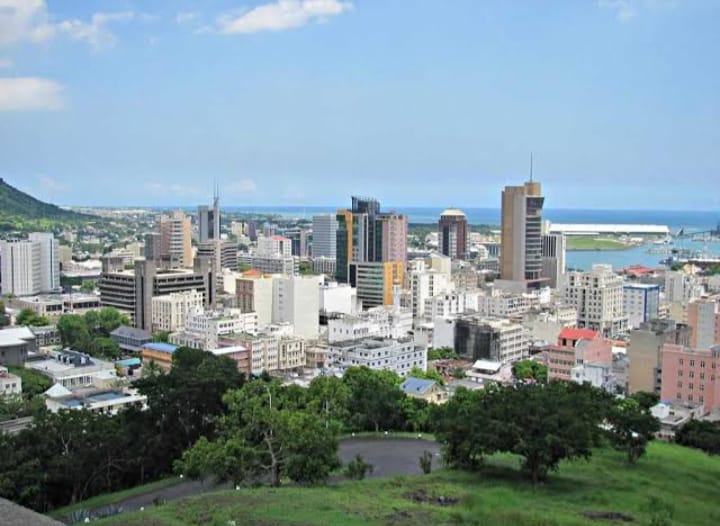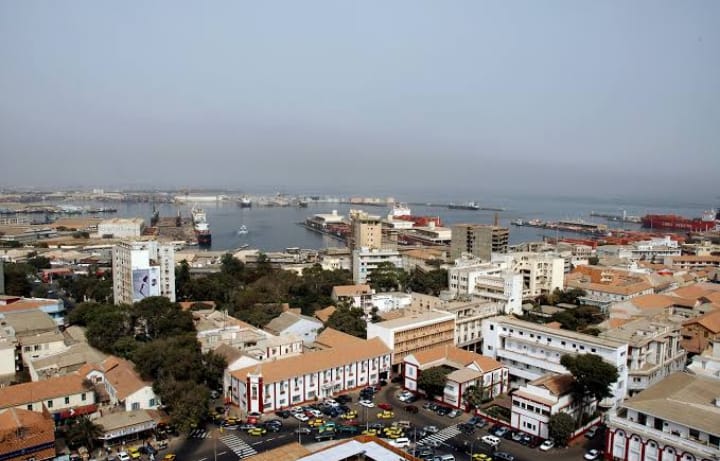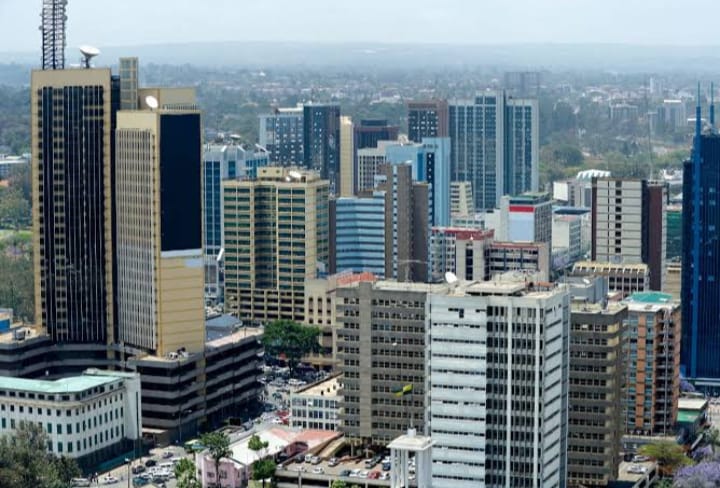Africa faces significant challenges, ranking among the world’s most economically disadvantaged regions. Various factors contribute to this situation, including the absence of long-term policies, corruption, civil unrest, and terrorism in many countries. Despite these obstacles, the technology industry presents a golden opportunity for Africa to reshape its destiny. The most technologically advanced countries on the continent have the potential to lead a transformative revolution. These are the top 9 African countries leading in techology.
Uganda
Uganda is taking a strong step to support its local businesses by imposing a 5% tax on foreign tech companies. This move aims to boost the growth and competitiveness of Uganda’s own tech sector. The government is actively working to create a favorable environment for local businesses in the ever-changing tech field. The new tax shows Uganda’s commitment to striking a balance between global involvement and the development of its homegrown tech industry.
Read also: Do not overlook Africa’s trillion-dollar food and agribusiness sector; investors advised to seize thrilling opportunities

Ghana
Despite its remarkable potential, Ghana’s tech sector grapples with challenges in sustaining global technological prominence. Limited resources and opportunities, key impediments, fuel the concerning trend of brain drain within the country’s tech landscape. The struggle to secure necessary resources and create ample opportunities stifles the industry’s growth, hindering Ghana from fully realizing its technological prowess on the international stage. As the nation seeks to overcome these obstacles, a concerted effort is required to address the root causes and fortify the foundations necessary for a thriving and competitive tech ecosystem in Ghana.
Namibia
Windhoek, the vibrant capital of Namibia, is emerging as a key player in the country’s technological revolution. The city recently welcomed a groundbreaking initiative, a robot school designed to enhance the tech proficiency of children. Simultaneously, tech company SLB has grown its operations, inaugurating a new office in the city. These developments underscore Windhoek’s pivotal role in driving Namibia’s forward momentum in the realm of technology and innovation.
Mauritius
Mauritius stands out in the African tech landscape due to its unique profile, hosting a collection of established and mature tech companies. However, the startup space in the country is currently at a lower scale. If Mauritius successfully enhances its startup ecosystem, there is potential for the nation to ascend in the ranks of the most technologically advanced countries in Africa.

Ethopia
In a noteworthy move, Israel, renowned as one of the world’s most technologically advanced nations, has disclosed its initiative to impart hi-tech training to Ethiopian and Bedouin communities. This endeavor holds the potential to foster greater diversity within Africa’s tech community. Simultaneously, Ethiopia is strategically positioning itself to appeal to tech firms, aiming to establish the country as a favorable outsourcing destination.
Botwana
Botswana’s significance in the tech industry is on the rise, exemplified by Huawei’s recent IT exhibition in the country. Traditionally reliant on mining valuable resources like diamonds, Botswana’s government is actively pursuing diversification, with a particular emphasis on the burgeoning tech industry. The move signals a strategic shift towards fostering technological advancements as a key driver of economic growth and sustainability.
Zimbabwe
Despite its foundation in agro-based industries, Zimbabwe has shown a notable focus on developing its tech sector. The country’s president recently engaged in discussions with China, recognizing the potential benefits for Zimbabwe’s tech aspirations through collaboration with a tech-savvy nation.
Read also: Heman Bekele, 14-year-old who invented soap to treat skin cancer named America’s Top Young Scientist
Senegal
Senegal’s information and communications technology sector is experiencing rapid growth, marked by significant milestones such as Wave becoming Francophone Africa’s first unicorn. The fintech company achieved a remarkable valuation of approximately $1.7 billion in 2020, securing its status as a key player in the country’s burgeoning tech landscape.
Read also: Black Farmer Fund raises $11M to support Black agricultural businesses

Kenya
In a strategic move to secure Kenya’s standing among the most technologically advanced nations globally, the Kenyan government is actively developing a 5,000-acre tech hub known as the African Silicon Savannah. This ambitious initiative underscores the commitment to fostering technological innovation within the country. Concurrently, the country’s President is engaged in efforts to attract American tech companies, emphasizing a business-friendly environment to encourage investment in Kenya’s burgeoning tech landscape.



